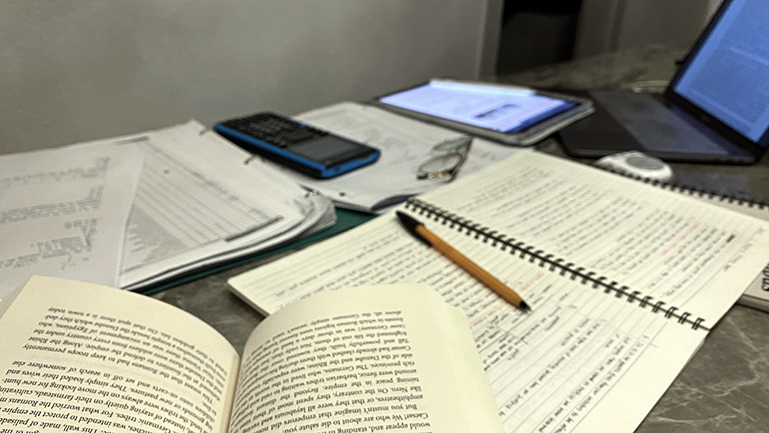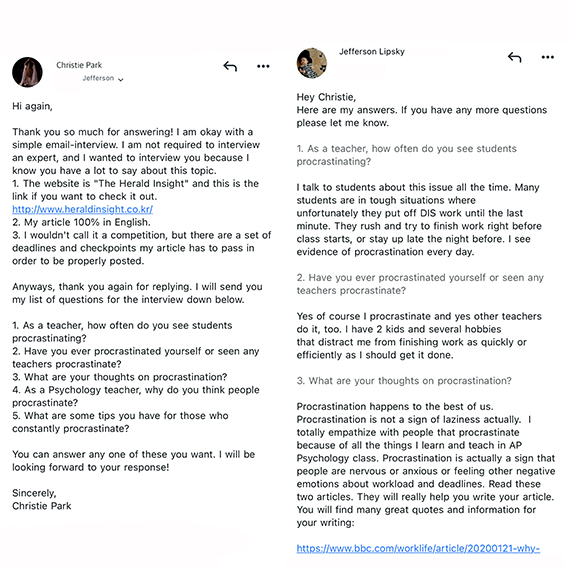During the midterm season a few weeks ago, I witnessed two types of students: students who procrastinate, and students who don’t. Some of my peers claimed that they had other work that was overwhelming them during the exam season, which left them with no choice other than to procrastinate. Others said that they procrastinate on purpose because their concentration is enhanced when they study at the last minute. As shown, those who procrastinate have a great number of different reasons for procrastination, despite the common view of procrastination being negative.
It appears that college students and adults also popularly procrastinate. According to a meta-analysis conducted by a psychologist at the University of Calgary, Piers Steel, PhD, 80 to 95 percent of college students procrastinate. This analysis has revealed that a fifth of adults procrastinates also. These results illustrate that procrastination is a common social phenomenon among various individuals regardless of occupation and age. The habit of procrastinating can be observed when completing simple check-list tasks such as a quick chore or an email to a teacher. But it can also be something more important like writing an essay assignment or studying for a test. We set aside these tasks for no reason until the last second when the tension mounts.

So, why do we procrastinate? Tasks we procrastinate are usually ones that are minor or vexatious. We move onto another task and waste time thinking about how annoying it is. This is the reason. However, we all know that procrastinating will not actually help us to finish the work punctually and efficiently. As a result, our tasks “snowball,” or piles up to be one duty to complete with such little time. Along with this, feelings of guilt and indiscretions grows. Therefore, when procrastination becomes a habit, our mental health can easily be at risk.

In order to gain more perspective of procrastination, I have interviewed a psychology instructor at our school, Mr. Lipsky, who teaches AP Psychology. My AP Psychology class with Mr. Lipsky consists of numerous students who procrastinate on a daily basis. Thus, I thought that he would be able to provide interesting perspectives on procrastination. He told me he sees students procrastinating in his class every day. Though Mr. Lipsky doesn’t endorse procrastination, he acknowledges that students do so due to unavoidable situations. Mr. Lipsky also admitted that teachers, including himself, procrastinate too. He explained, “Procrastination happens to the best of us. Procrastination is not a sign of laziness actually… Procrastination is actually a sign that people are nervous or anxious or feeling other negative emotions about workload and deadlines.”
Though it may seem inevitable, procrastination only depletes precious time. Despite the fact that we procrastinate no matter our age or occupation, we all know deep down that it is harmful for us. So, instead, we should get ourselves back on track and do the work instead of setting it aside or wasting time on unnecessary thoughts. The key is to earn motivation to work productively. Simply ask yourself, “What is keeping me from getting this done right now?” If you are honest, the answer will be “nothing.”
Now, are you still going to procrastinate?

Christie Park
Grade 10
Daegu International School

